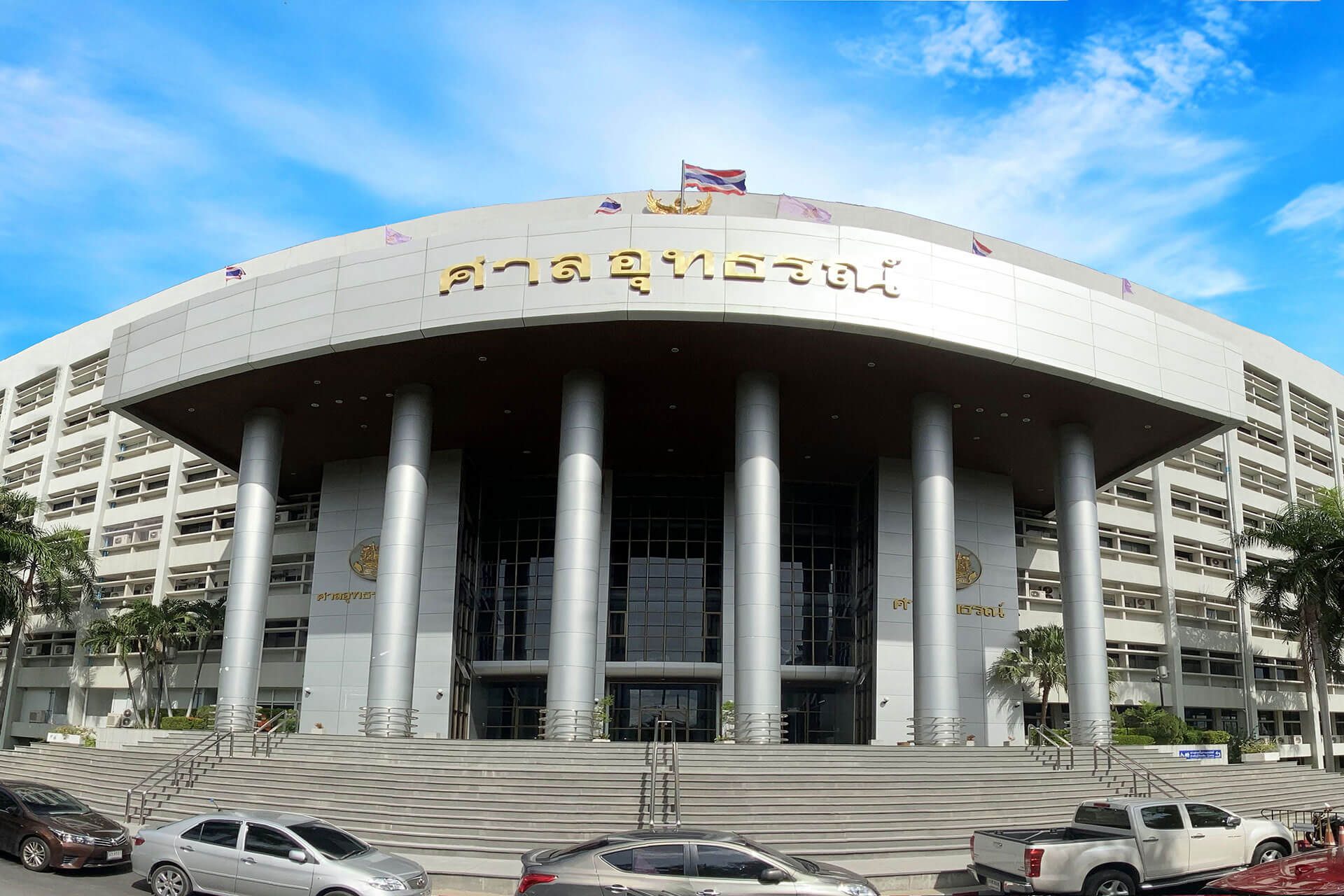
International Trade Court in Thailand. Thailand, known for its vibrant economy and innovative industries, recognizes the significance of intellectual property rights and fair international trade practices. To ensure a robust legal framework in these domains, the country has established the Intellectual Property and International Trade Court. This specialized court plays a crucial role in safeguarding intellectual property rights, resolving disputes related to international trade, and promoting a conducive business environment. In this article, we will delve into the functions, structure, and significance of the Intellectual Property and International Trade Court in Thailand.
Background and Establishment:
The Intellectual Property and International Trade Court, commonly referred to as the IP&IT Court, was established in 1997 as part of Thailand’s efforts to modernize its legal system. The court was specifically created to address the increasing importance of intellectual property protection and the growing complexity of international trade issues. Its establishment reflects Thailand’s commitment to fostering innovation, protecting creators’ rights, and ensuring fair competition in the global marketplace.
Jurisdiction and Functions:
The IP&IT Court has jurisdiction over a wide range of cases involving intellectual property rights and international trade disputes. Its primary areas of focus include patent disputes, trademark infringements, copyright violations, trade secret misappropriation, unfair competition claims, and international trade-related matters. The court has the authority to hear both civil and criminal cases, making it a crucial institution for resolving disputes and enforcing intellectual property laws.
One of the notable functions of the IP&IT Court is the issuance of injunctions. In urgent cases where immediate action is required to prevent irreparable harm, the court can grant preliminary injunctions to preserve the rights of intellectual property holders or maintain fair competition. This ability to provide prompt relief contributes to maintaining a favorable environment for creativity, innovation, and business activities.
Structure and Expertise:
The Intellectual Property and International Trade Court is composed of judges with specialized knowledge and expertise in intellectual property law and international trade regulations. These judges possess a deep understanding of the complexities involved in protecting intellectual property rights and ensuring fair trade practices. Their expertise allows them to effectively interpret and apply the relevant laws and regulations in a rapidly evolving global landscape.
To enhance efficiency and effectiveness, the court is divided into specialized divisions, each focusing on specific areas such as patents, trademarks, copyrights, and international trade disputes. This divisional structure ensures that cases are heard by judges with the requisite expertise, enabling them to make informed decisions based on technical and legal considerations.
Significance and Impacts:
The existence of the Intellectual Property and International Trade Court has numerous significant implications for Thailand’s innovation-driven economy and its participation in the global trade arena.
First and foremost, the court acts as a deterrent against intellectual property infringement and unfair trade practices. By providing a specialized forum to resolve disputes, it instills confidence in innovators, creators, and businesses, encouraging them to invest in research and development, artistic endeavors, and cutting-edge technologies.
Moreover, the IP&IT Court plays a crucial role in attracting foreign investments and promoting trade partnerships. International businesses operating in Thailand can rely on the court’s expertise to protect their intellectual property rights and enforce fair trade regulations. This fosters trust and strengthens Thailand’s position as an attractive destination for international trade and investment.
The court’s decisions and rulings also contribute to the development of intellectual property jurisprudence and legal precedents in Thailand. As the court handles complex cases and interprets relevant laws, its judgments set guidelines and standards for future intellectual property disputes, providing clarity and consistency in legal interpretations.
Conclusion:
The Intellectual Property and International Trade Court in Thailand plays a pivotal role in safeguarding intellectual property rights and promoting fair international trade practices. Its establishment and specialized focus on intellectual property and international trade issues underline Thailand’s commitment to fostering innovation, protecting creators’ rights, and creating a level playing field for businesses.
By providing a dedicated platform for resolving disputes in these domains, the IP&IT Court ensures that intellectual property holders have a legal recourse when their rights are violated. This promotes a culture of respect for intellectual property, encouraging innovation and creativity. It also helps in combating counterfeiting and piracy, which can have detrimental effects on industries and the economy as a whole.
